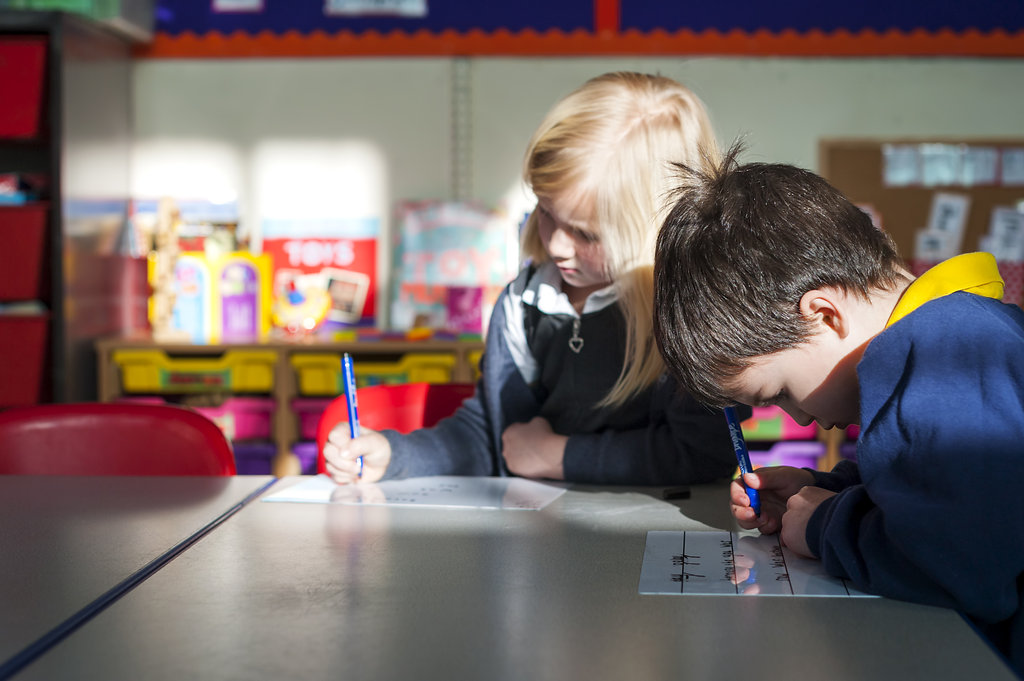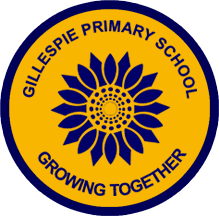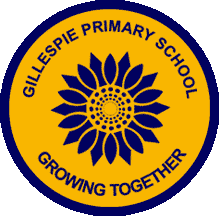

We aim to provide a high quality education in English which will teach pupils to speak, read and write fluently and enable them to understand and communicate ideas and emotion to others. We want to inspire a love for literature, poetry and reading which will give them a window to a world of possibilities.
At Gillespie, we are committed to developing our children’s speaking & listening, reading and writing skills and knowledge so that they are confidently literate. We also want to encourage a passion for reading so that our children enjoy immersing themselves in high quality and culturally diverse literature. This enjoyment will in turn help to inspire their writing and give them the tools to become independent learners.
Reading and writing are at the heart of the school day. The majority of our written work is cross-curricular and teachers create meaningful links between topics to ensure writing lessons are engaging. Emphasis is placed on using high quality literature and information text as a stimulus for writing and teachers consider the importance of finding meaningful purposes for writing that inspire the children.
CURRICULUM INTENT, IMPLEMENTATION & IMPACT
Please click here for our full curriculum intent, implementation & impact document for English.
Reading
We want children to develop a passion for reading that will last a lifetime. Children are encouraged to read for pleasure and to read across the curriculum to support their knowledge and understanding in all core and foundation subjects. Reading lessons are taught daily. Literacy is also an integral part of the weekly teaching and learning sequence of English lessons so that children are taught the skills necessary for interrogating texts.
In the Early Years Foundation Stage (EYFS) we promote a love of reading by sharing stories on a daily basis. We are committed to doing this all through your child’s journey through the school. In the EYFS, children are encouraged to re-tell familiar stories, rhymes and songs using props, actions and role-play.
From Reception we teach phonics through a scheme called ‘Little Wandle Letters and Sounds’ Revised 2021. This is a complete systematic synthetic phonics programme (SSP) developed by educationalists. It is based on the original Letters and Sounds that the school has followed in the past but has been extensively revised to provide a complete teaching programme which meets all the expectations of the National Curriculum.
In Y1& Y2, children continue to learn phonics systematically through Little Wandle. Phonics is taught daily. Guided reading and whole class reading is used to ensure that all children have a daily reading focus to teach and support them.
For more information about Little Wandle scheme and our PowerPoint presentation see the related documents at the bottom of the page.
You can access the Parent Section here: https://www.littlewandlelettersandsounds.org.uk/resources/for-parents/
In Years 3 to 6, we use a range of approaches including whole class reading and targeted guided reading to ensure all children become fluent and engaged readers. Children are introduced to rich and challenging texts. Children complete a range of tasks based on their class text. These tasks focus on specific reading skills such as predicting, inferring characters feelings or retrieving information using evidence from the text. Teachers choose high quality texts that will enable children to develop their reading skills and encourage reading for pleasure. Where possible, teachers choose texts that relate to class topics.
Every year, we take part in the fantastic ‘Islington Reading Road Map’, which is a borough wide initiative to introduce children, parents and teachers to new genres and authors. Each class has the current selection of books and teachers encourage reading texts from this selection. We also additionally purchase books from this collection for our school library.
We have a ‘buddy reading’ system where each class collaborates with another class so that older and younger children read with their reading friend once a week.
Each classroom has a book corner, with a selection of fiction and non-fiction texts which children are free to borrow. We also have a wonderful library, which each class visits to select books to read at home. During each week, children are given time to read books of their choosing from our class book corners and school library. We celebrate national events including ‘World Book day’.
We are lucky to have a team of fantastic volunteers, including many parents who read with children from around the school on a weekly basis.
We sing (and read) songs in all classes in assemblies across the week and in music lessons and believe this also supports the development of language and reading fluency.
Writing
At Gillespie, teachers implement the National Curriculum programmes of study for writing, grammar and spelling, and plan writing opportunities linking the content to the foundation subjects in the curriculum; in particular termly art, history, geography, science or RE topics. We ensure that children are given a real purpose for their writing. Teachers use texts linked to topics and stimulating first hand experiences to inspire writing.
During a unit of work, children are given the opportunity to use drama and discussion to develop their speaking and listening skills. Writing lessons carefully develop pupils’ transcription and composition skills. Children have regular opportunities to draft,develop and publish pieces of writing. Children are given time to edit and improve their written work after feedback from their teacher. The teaching of grammar is interwoven into daily reading and writing lessons so that children are given the opportunity to learn grammar in context.
Spelling
The learning of spellings is built on the foundations of our phonics programme. Each class teacher carefully plans to teach the National Curriculum programmes of study for spelling integrated in to English lessons with some specific spelling lessons. We supplement this guidance with resources from the ‘No Nonsense Spelling’ Scheme. The spelling patterns and word list are shared with parents as part of children’s weekly homework. They are also displayed in classrooms so that children are encouraged to use these words in their writing.
In KS1 and KS2 we teach the English national curriculum – please see our ‘Subject overview’ page for full details of the programme of study taught in each key stage.
Related documents and links:


